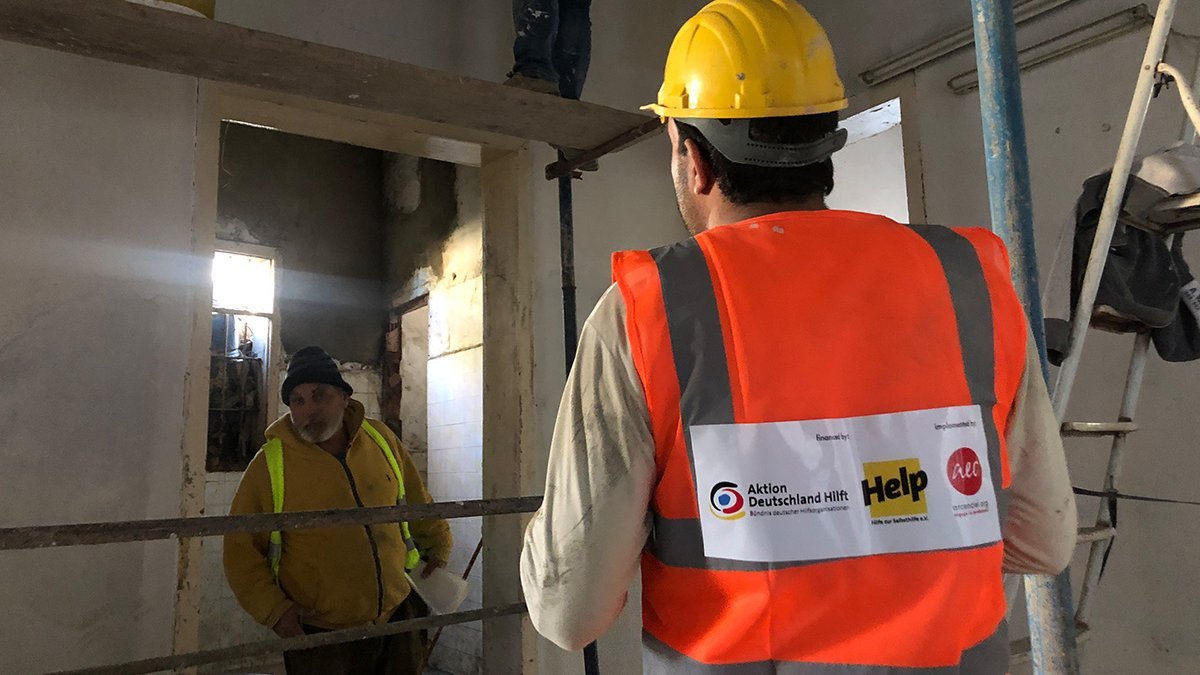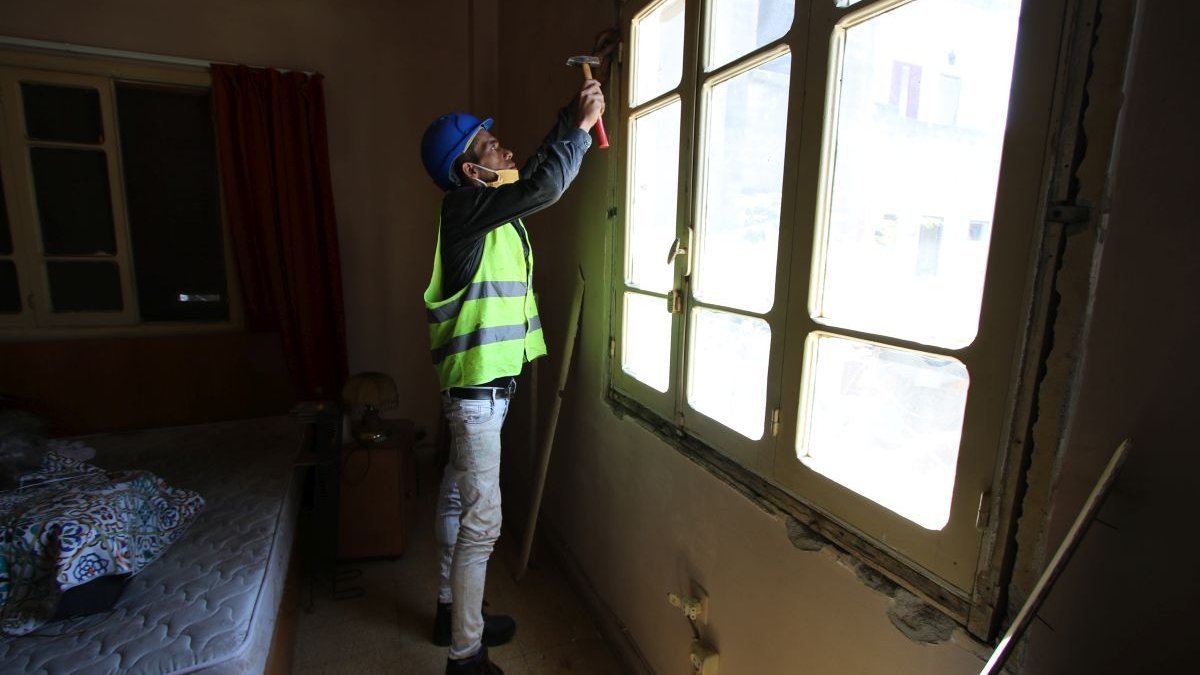Donate for Lebanon
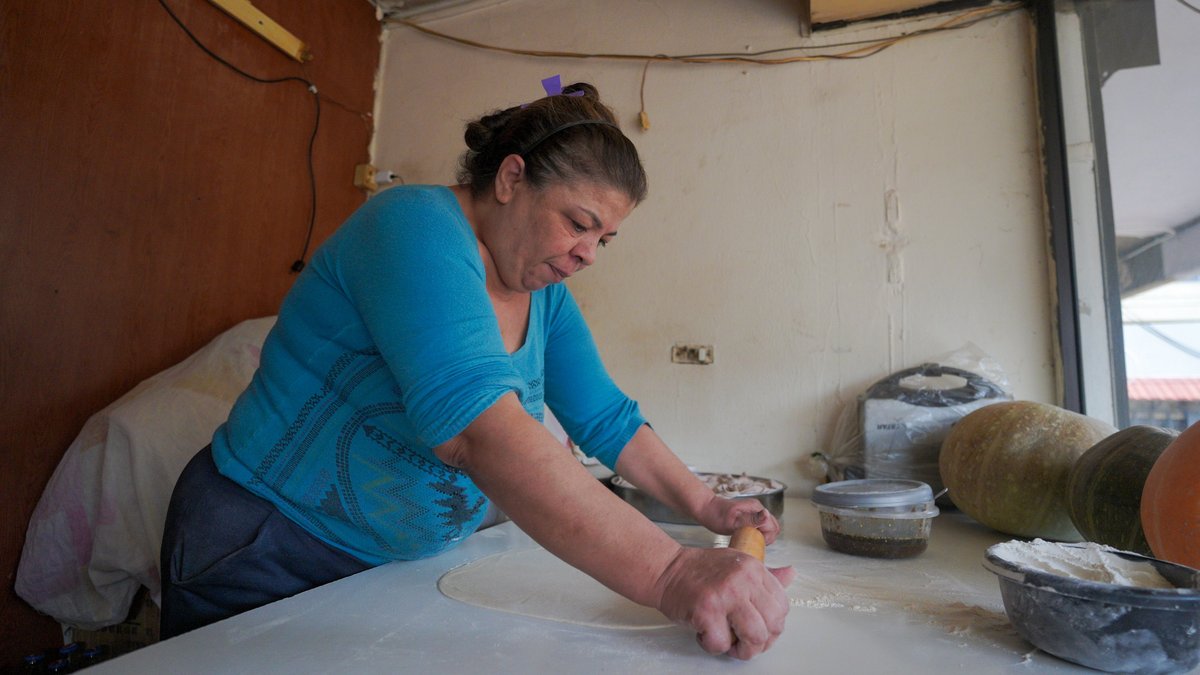
Crisis in Lebanon
Lebanon has been in a severe economic crisis for years. The consequences of the coronavirus pandemic and the explosion in Beirut in summer 2020 have drastically exacerbated the situation. Help helps people to help themselves: we support small businesses in finding a way out of the crisis and thus create long-term prospects.
You too can support the Lebanese people - with your donation:
How is Help providing support in Lebanon?
Promoting economic stability

So far, Help has helped 179 micro and small enterprises in Lebanon to overcome the consequences of the economic crisis. True to our guiding principle of empowering people to help themselves, they have received financial assistance to renovate their business premises or finance urgently needed equipment and materials. Our focus was on companies that would have had to go out of business without support.
We also supported 30 farmers in the Beeka Valley, in the Lebanon Mountains and on the south coast in the agricultural production of vegetables such as potatoes, cucumbers and tomatoes by providing natural fertilizer. In training sessions, they have learned how to use fewer chemicals with natural fertilizers and pest management, thereby reducing the burden on the soil. Farmers are already feeling the consequences of climate change, which is why sustainable adaptation in agriculture is urgently needed.
After the explosion in Beirut, Help helped affected families to rebuild their homes: Together with local partners, we renovated 54 apartments that were rendered uninhabitable by the explosion. 15 families with physically impaired family members were provided with needs-based equipment. Those affected also received psychosocial support and physiotherapy.
Donors: ADH (Aktion Deutschland Hilft), Staatskanzlei NRW
What is the situation like in Lebanon?
Economic crisis in Lebanon worsens
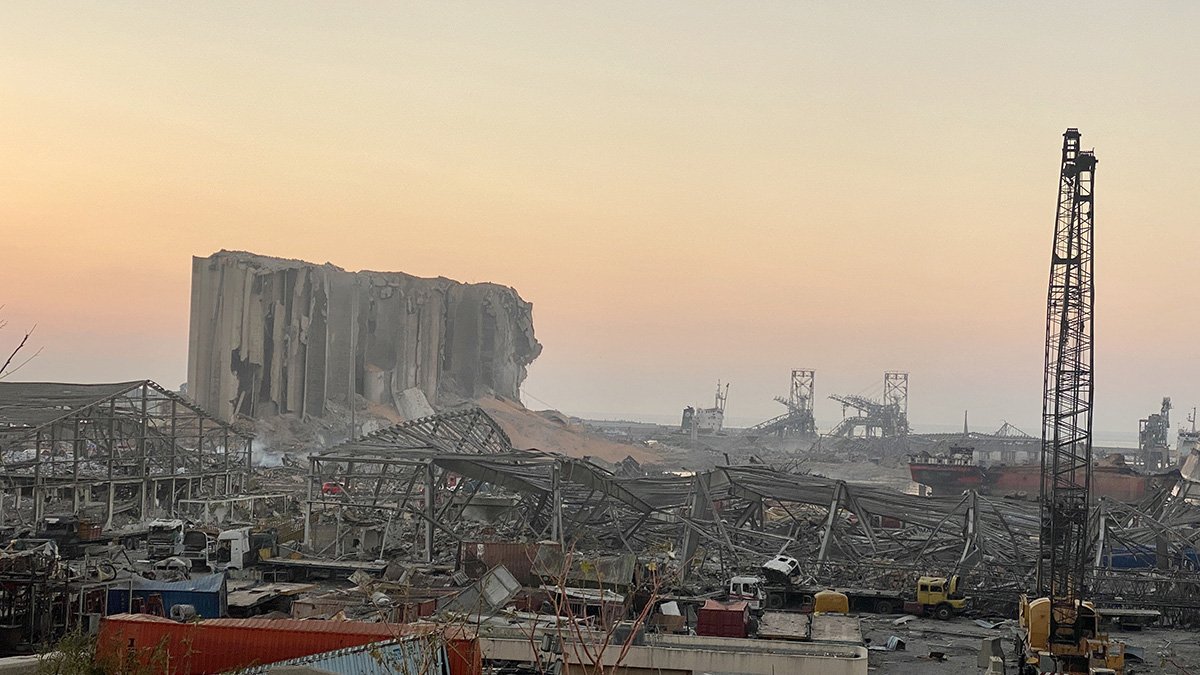
Lebanon has been in the grip of a severe political and economic crisis since 2019. Since then, the Lebanese pound has lost around 90 percent of its value. The result: a rapid rise in poverty. Around 3.7 million of Lebanon's 5.2 million people are currently dependent on humanitarian aid. Many people can barely afford to eat and access to healthcare is inadequate. In addition, there are around 1.5 million refugees from Syria and over 200,000 Palestinian refugees living in the worst possible conditions.
The coronavirus pandemic, the explosion in the capital Beirut in August 2020 and the current developments in the Middle East conflict are exacerbating the crisis. As a result of the explosion, 300,000 people lost their homes and around 70,000 people became unemployed from one second to the next.
Since October 2023, around 95,000 people have been displaced from the Lebanese-Israeli border region and are seeking refuge in the north of the country.
How Ibrahim saved his tailoring business in Beirut

"My grandfather and his brothers were already tailors and were well-known throughout Beirut in the 50s and 60s," 40-year-old Ibrahim tells us. Even as a child, he spent his afternoons in his grandfather's tailor shop and opened his own at the age of 23. However, like so many Beirut residents, Ibrahim was hit hard by the crisis. Due to inflation and the high cost of electricity, he was barely making a profit and was unable to replace broken equipment. Meanwhile, his store was almost bursting at the seams due to the limited space: "I often closed my store and went to my customers' homes to measure the clothes there."
With Help's support, Ibrahim was not only able to replace his broken ironing machine, but also expand his store space. "This help has really saved my business. Now my customers have space to change their clothes," says Ibrahim.
My income has increased, the quality of my work has improved and my customers are more satisfied. I have the feeling that I am living up to my family's reputation.
Ibrahim, Tailor






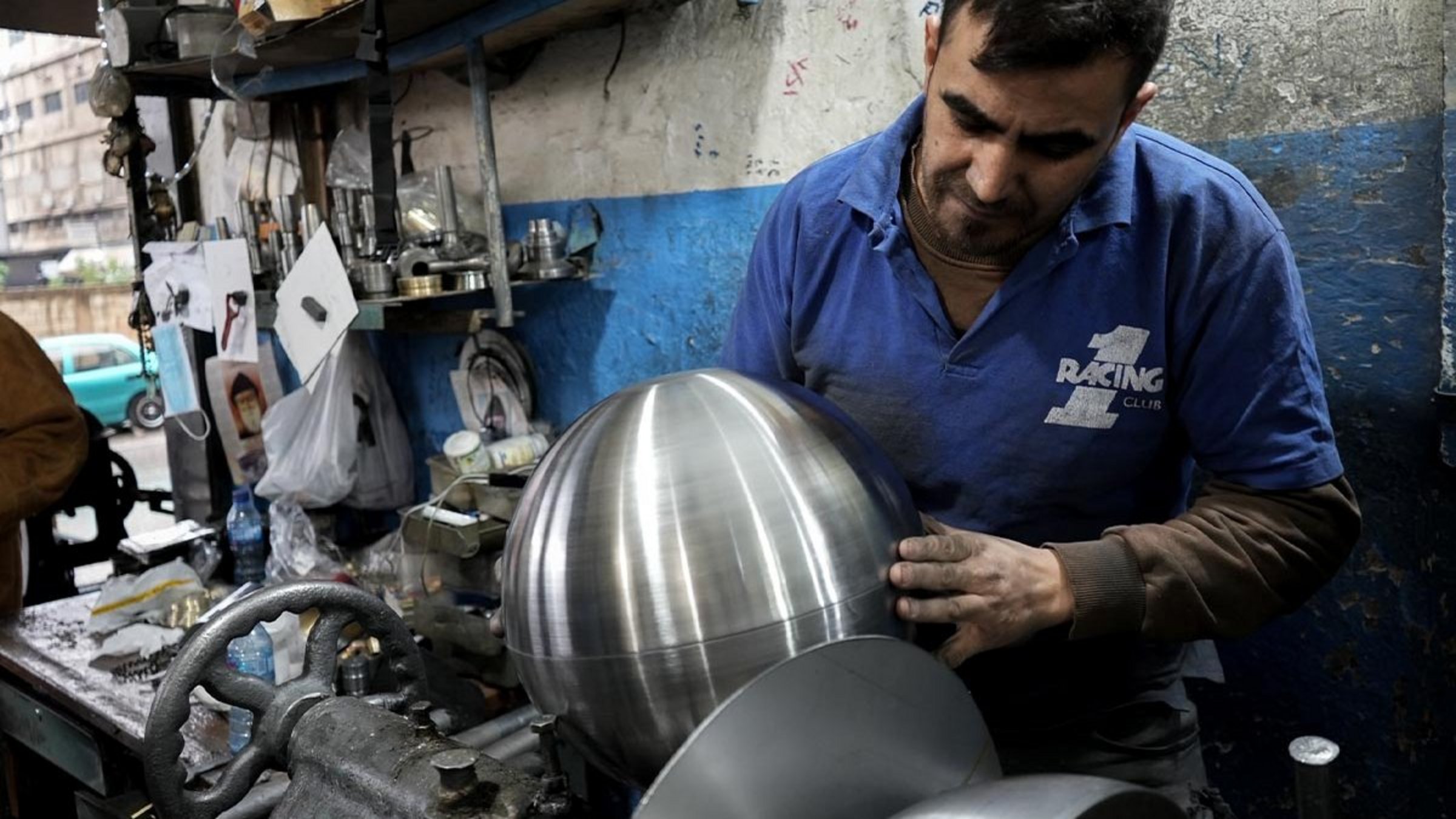

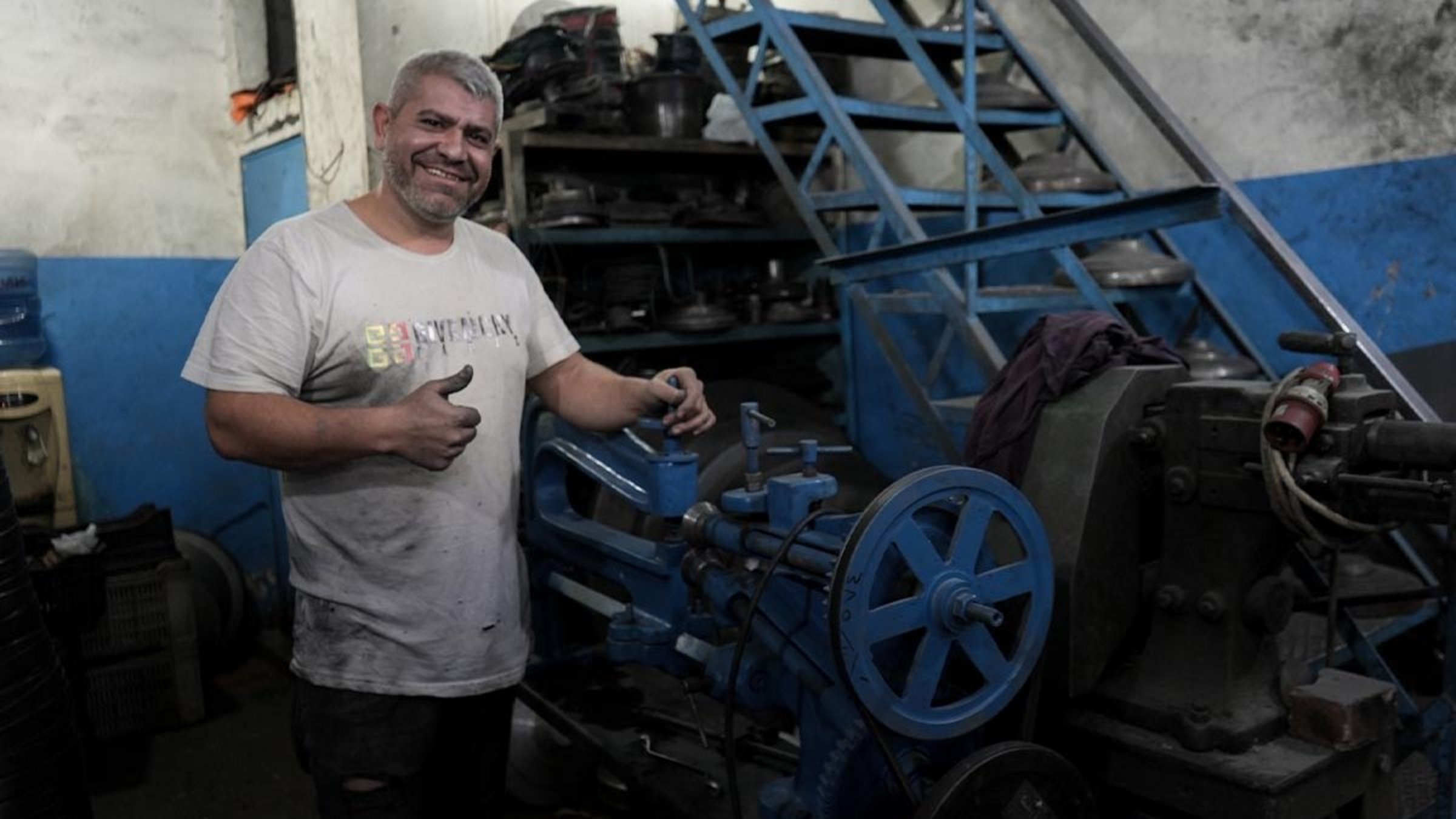



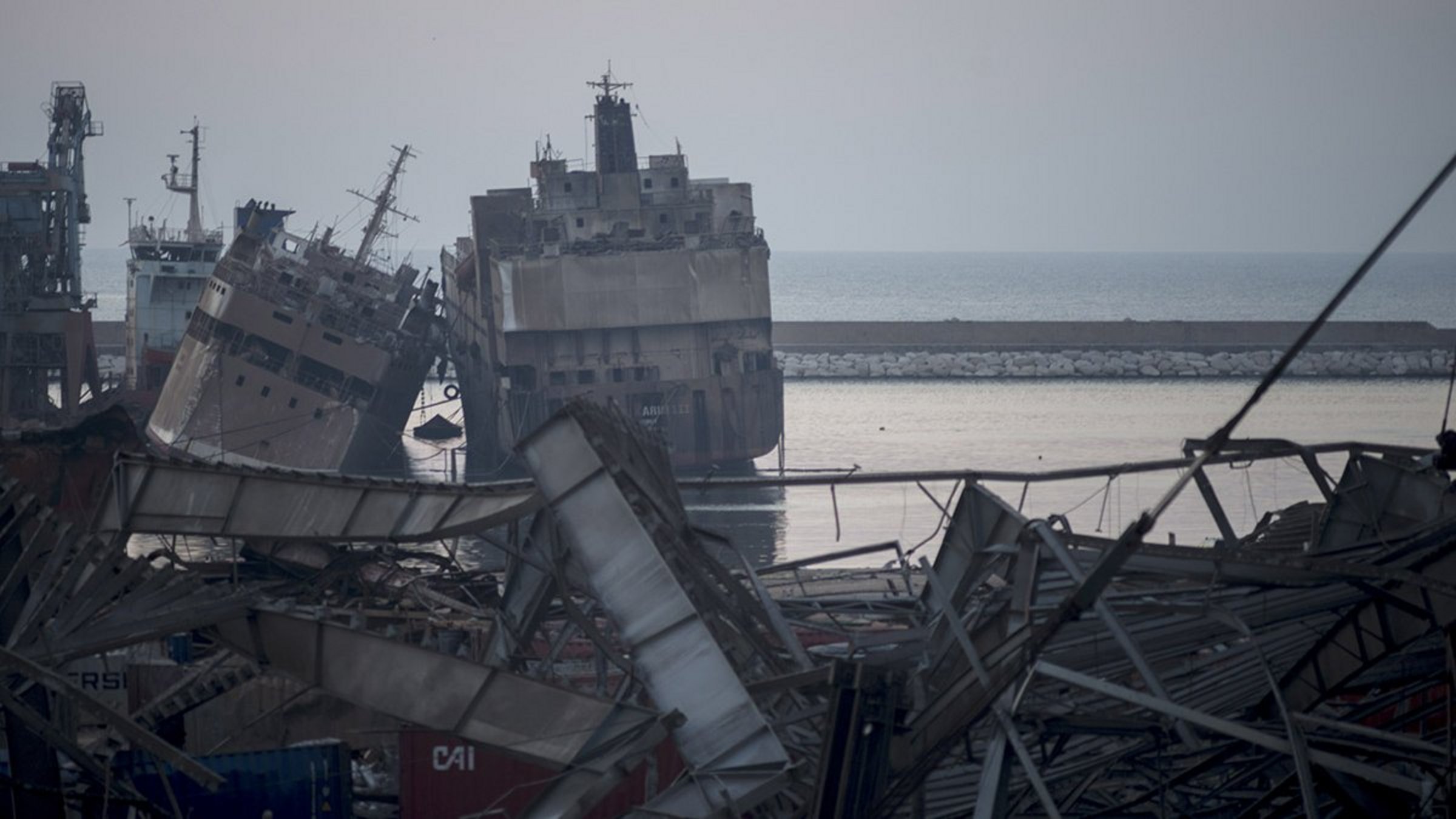
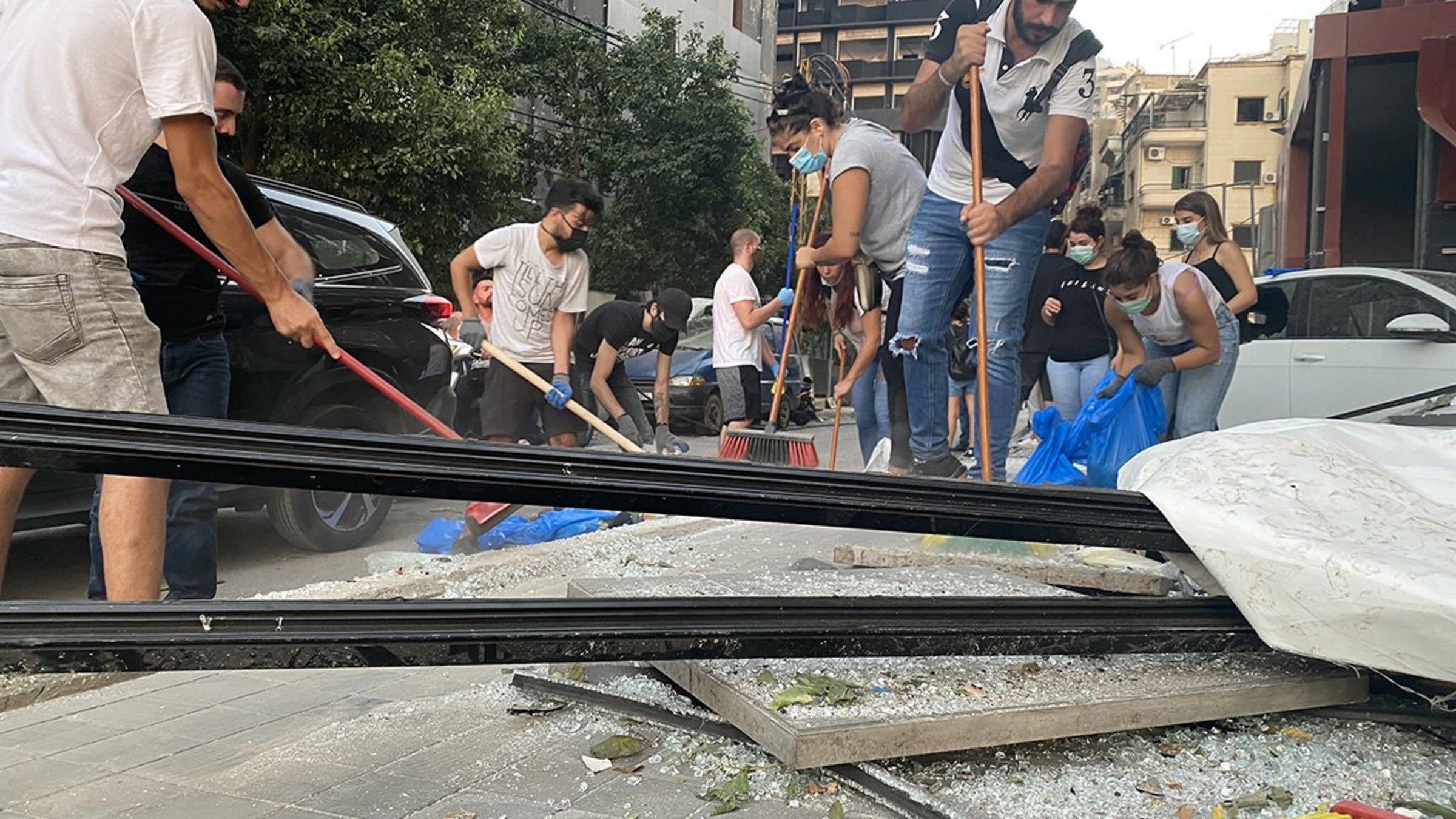
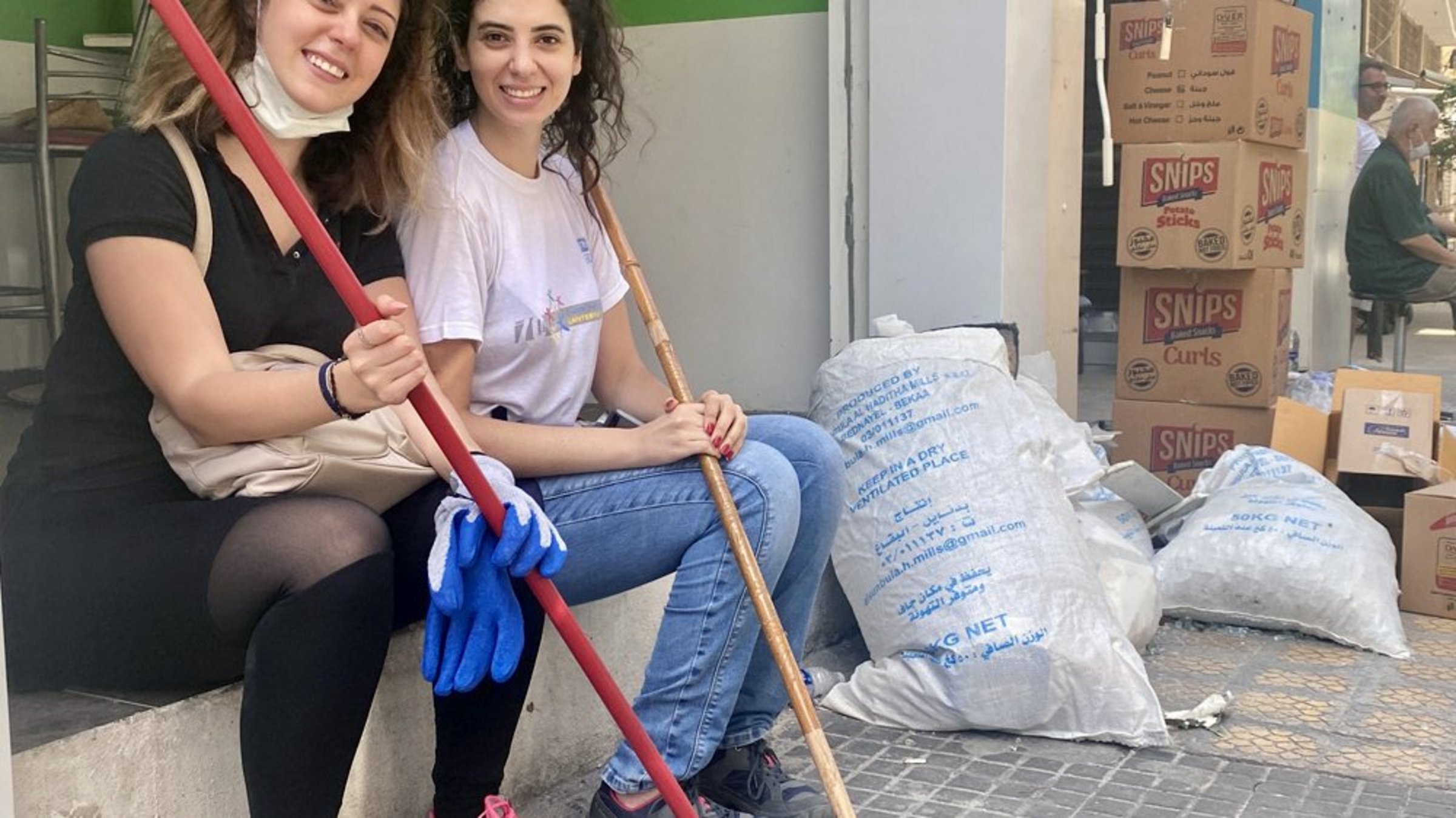
![[Translate to English:] Spenden Libanon: Zerstörung in Beirut Der Hafen in Beirut liegt nach der Explosion in Schutt und Asche.](/fileadmin/_processed_/0/7/csm_Spenden-Beirut_2020_Sophia-Maier__1__6a0699eb46.jpg)
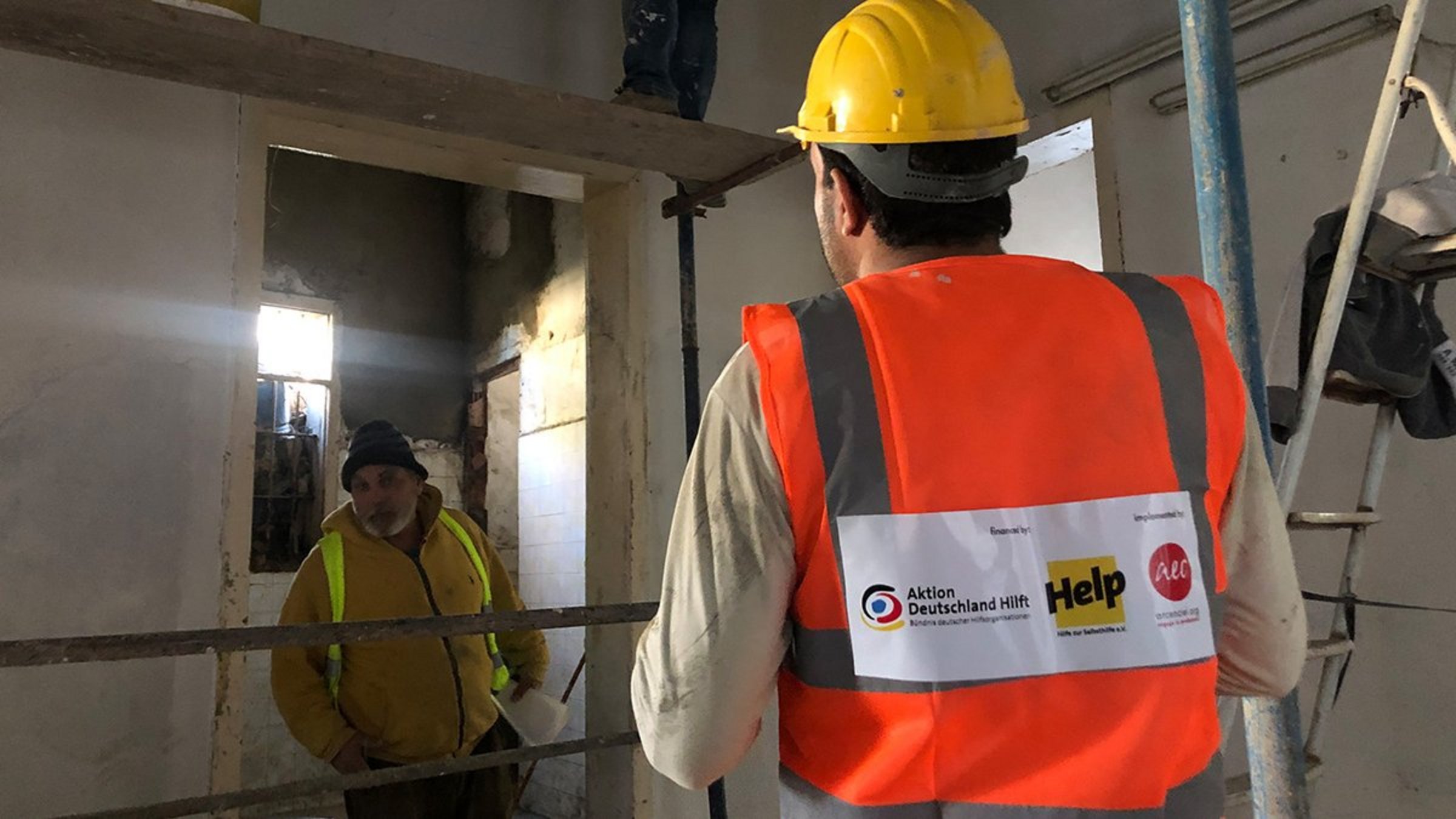
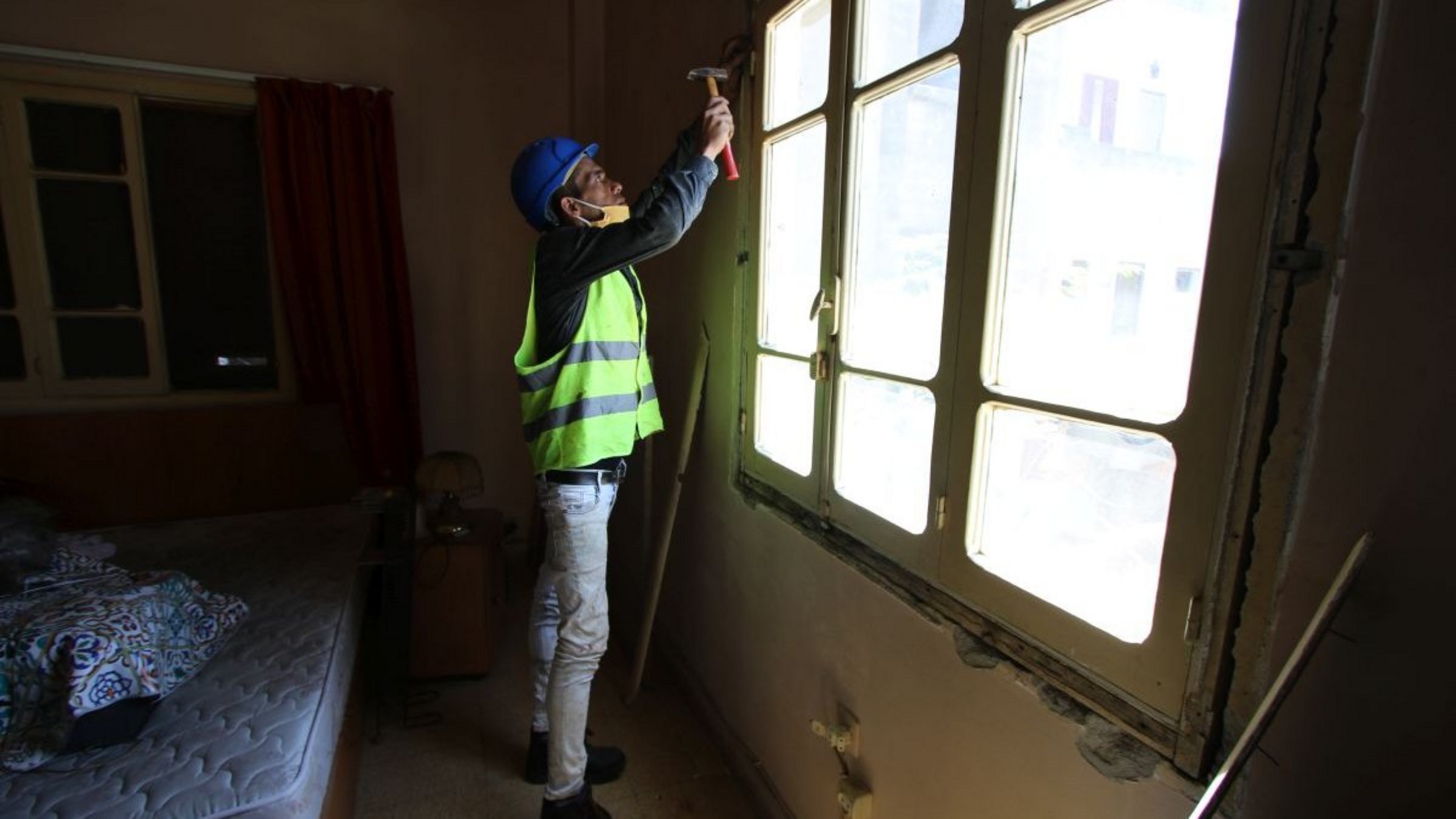



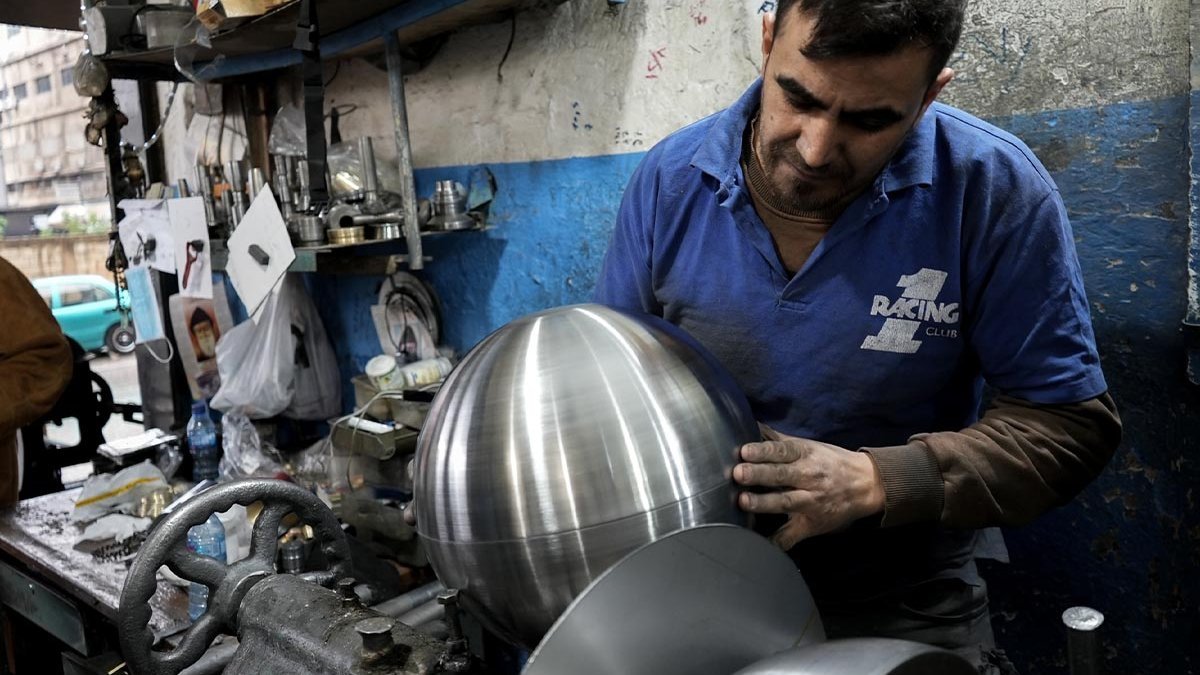

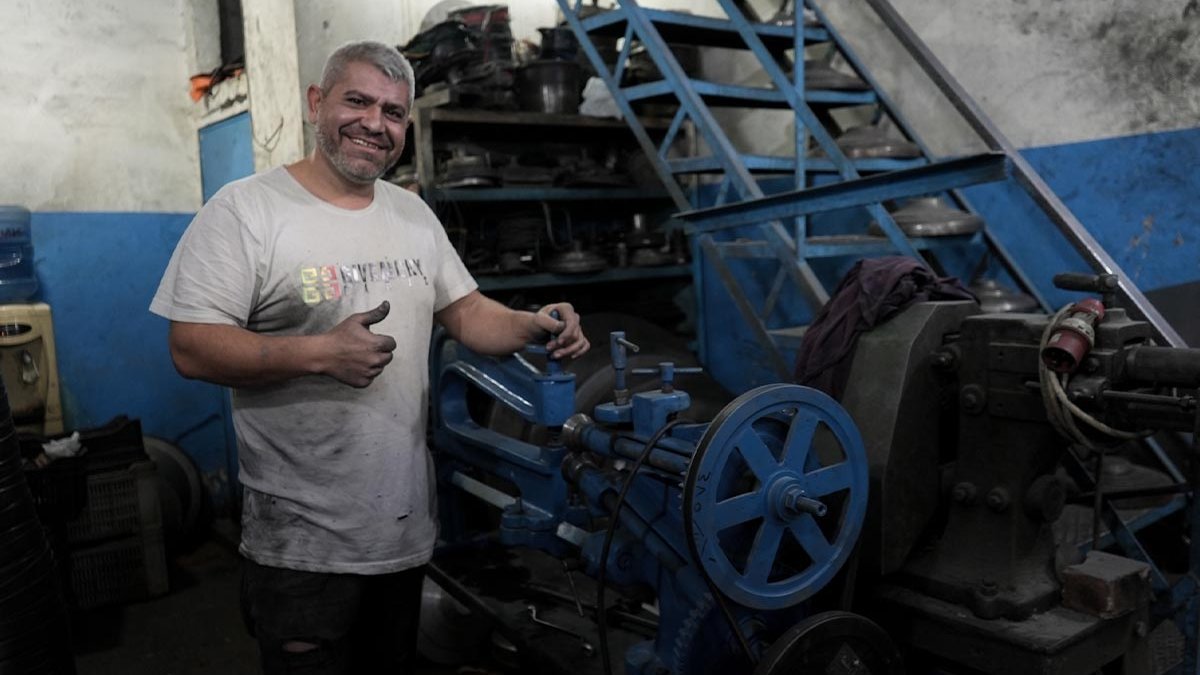



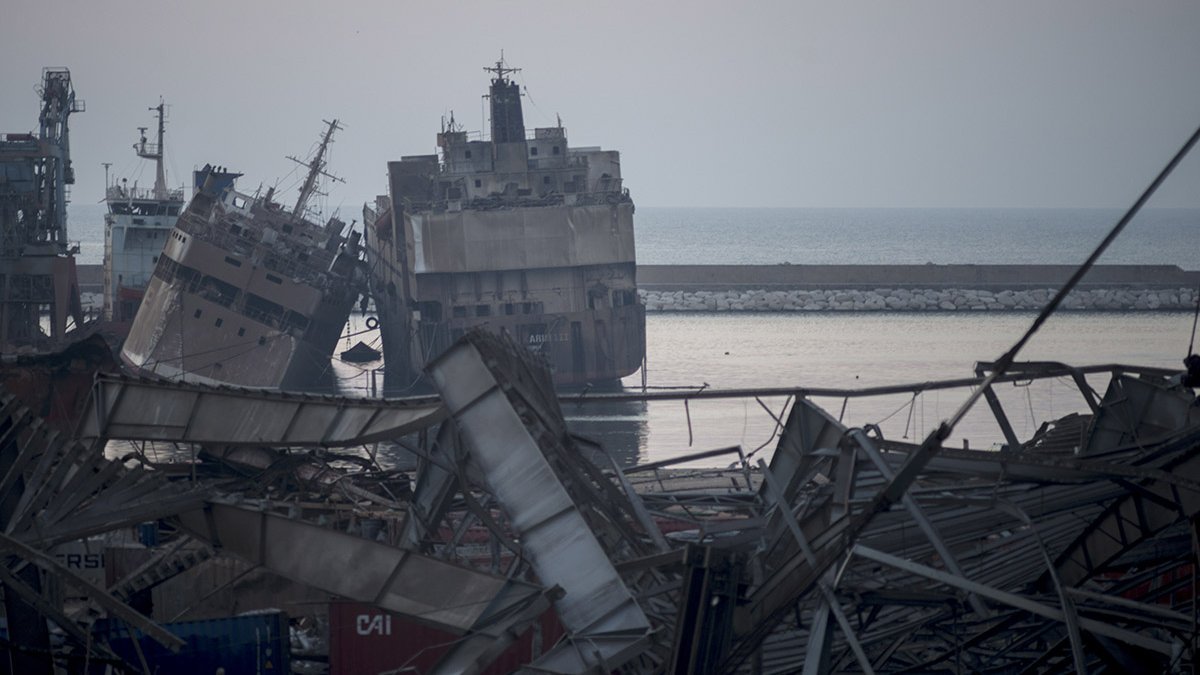
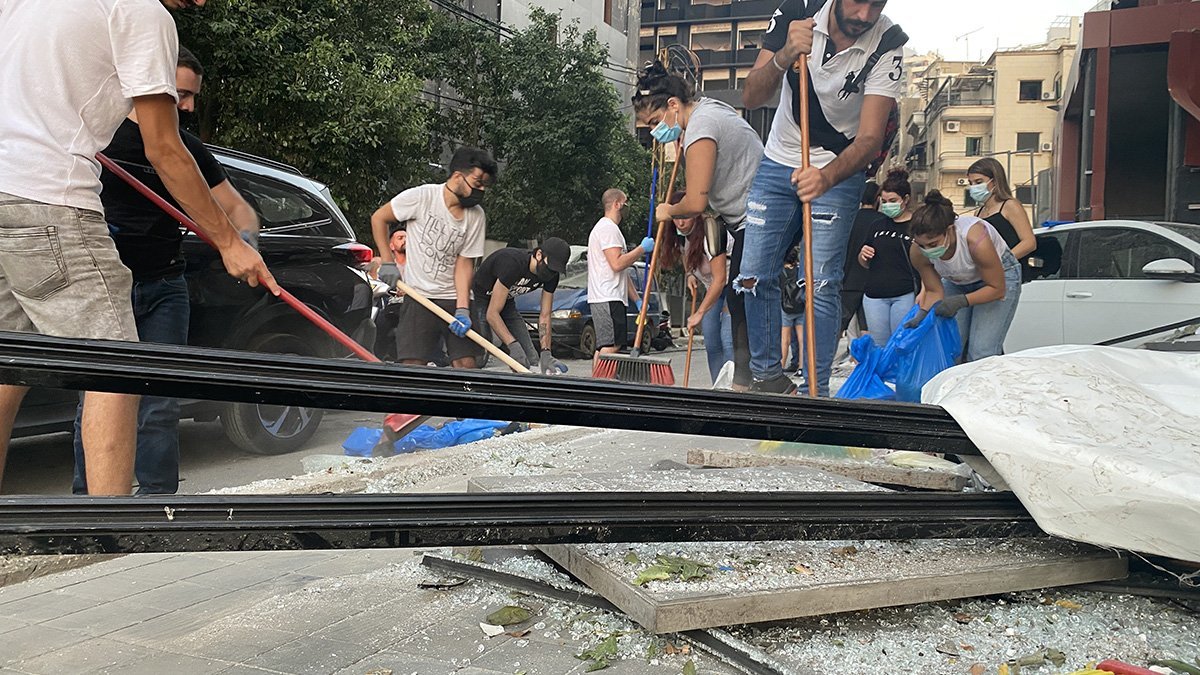
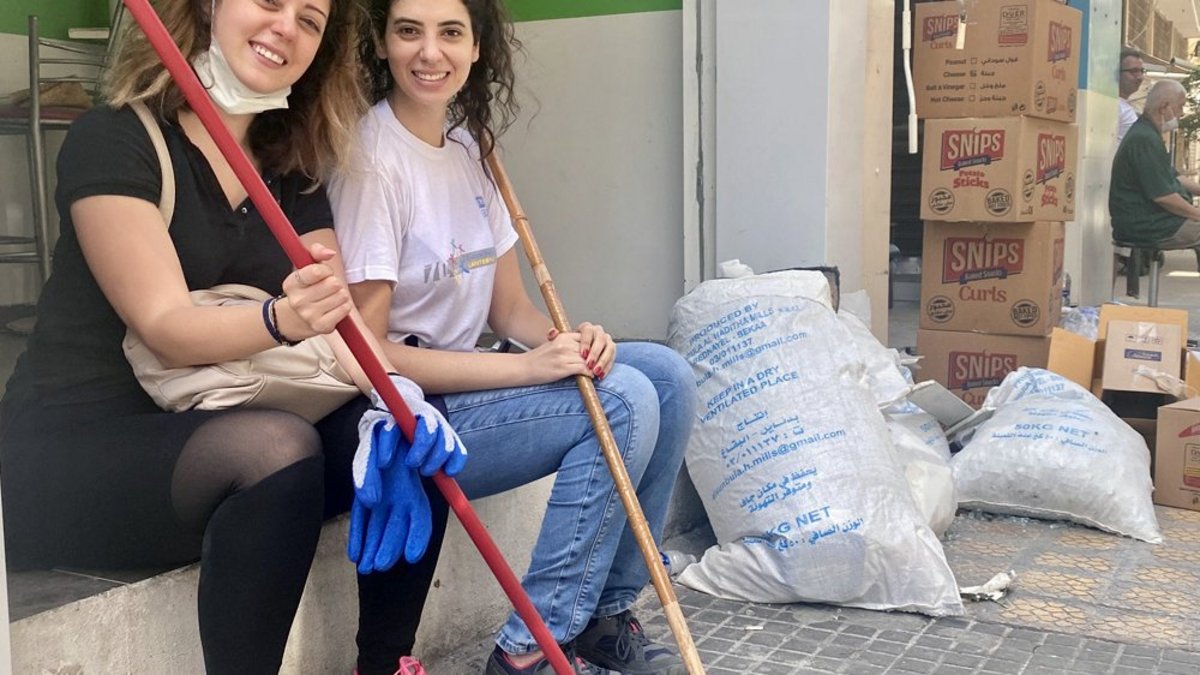
![[Translate to English:] Spenden Libanon: Zerstörung in Beirut Der Hafen in Beirut liegt nach der Explosion in Schutt und Asche.](/fileadmin/_processed_/0/7/csm_Spenden-Beirut_2020_Sophia-Maier__1__5c685f0232.jpg)
